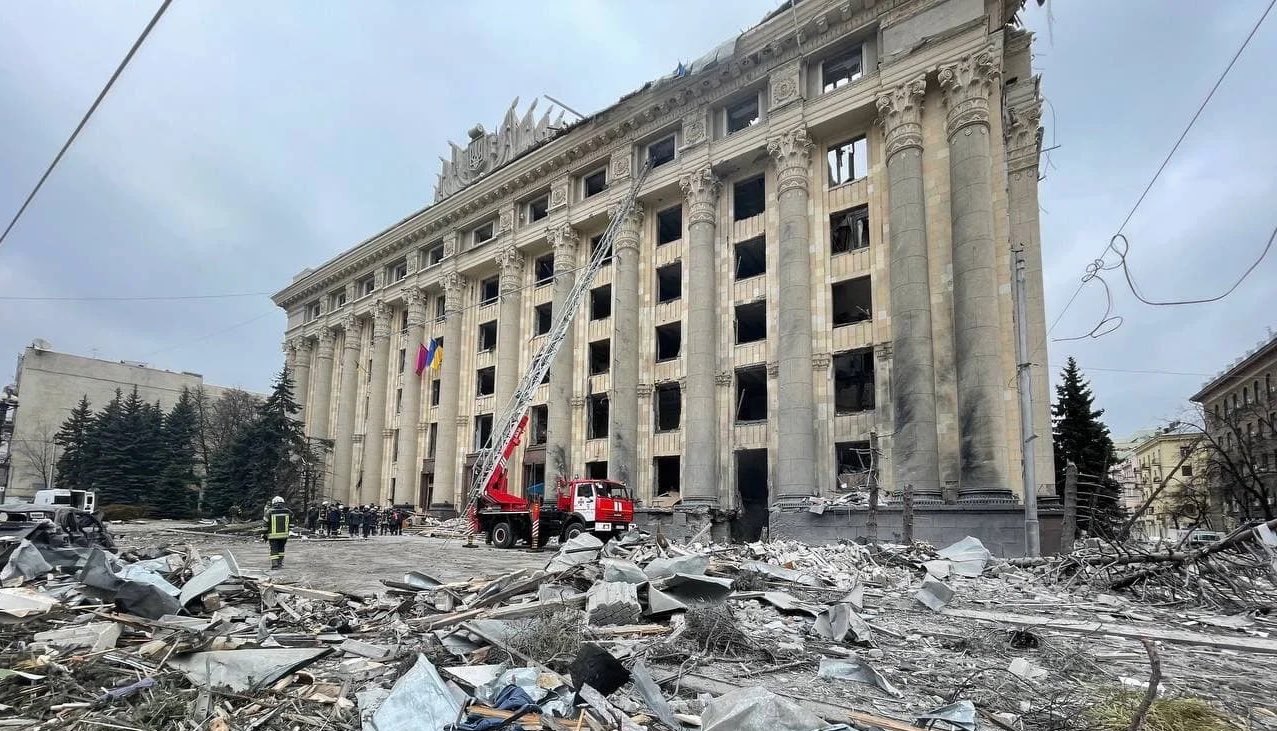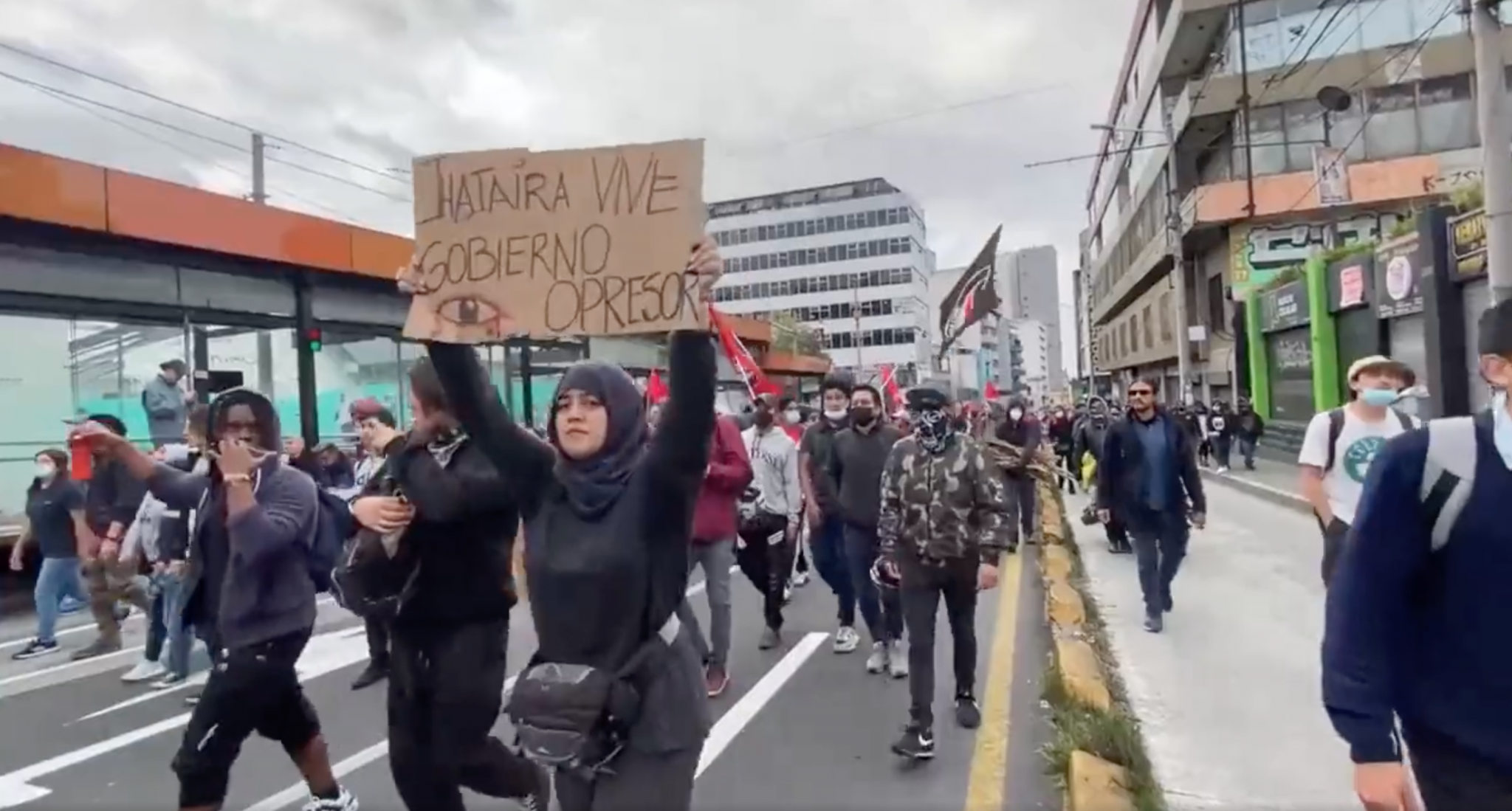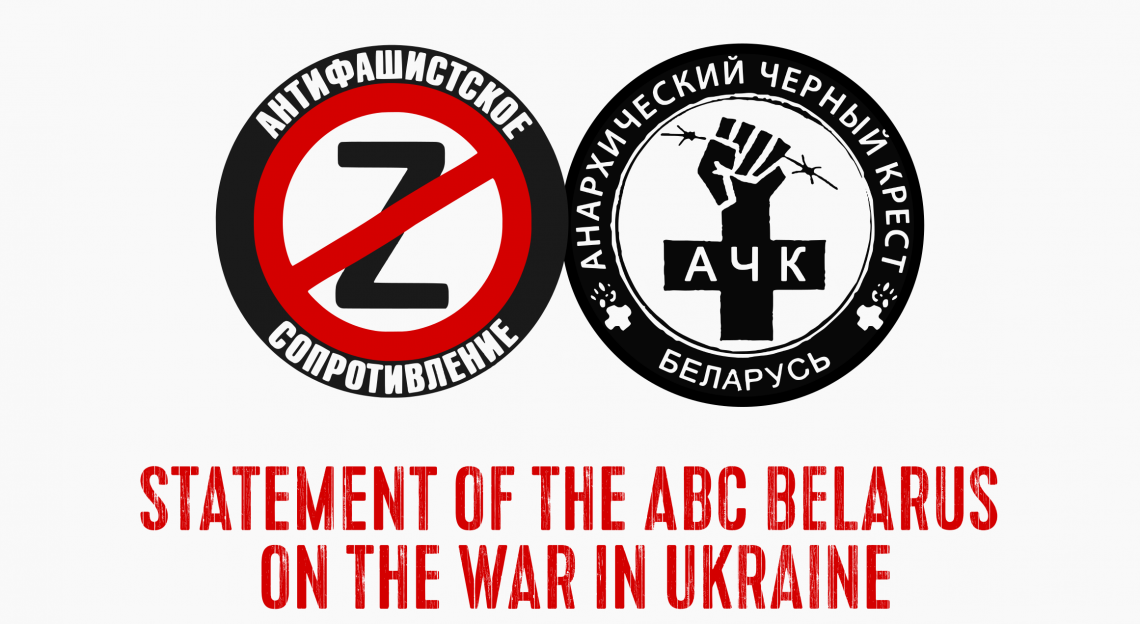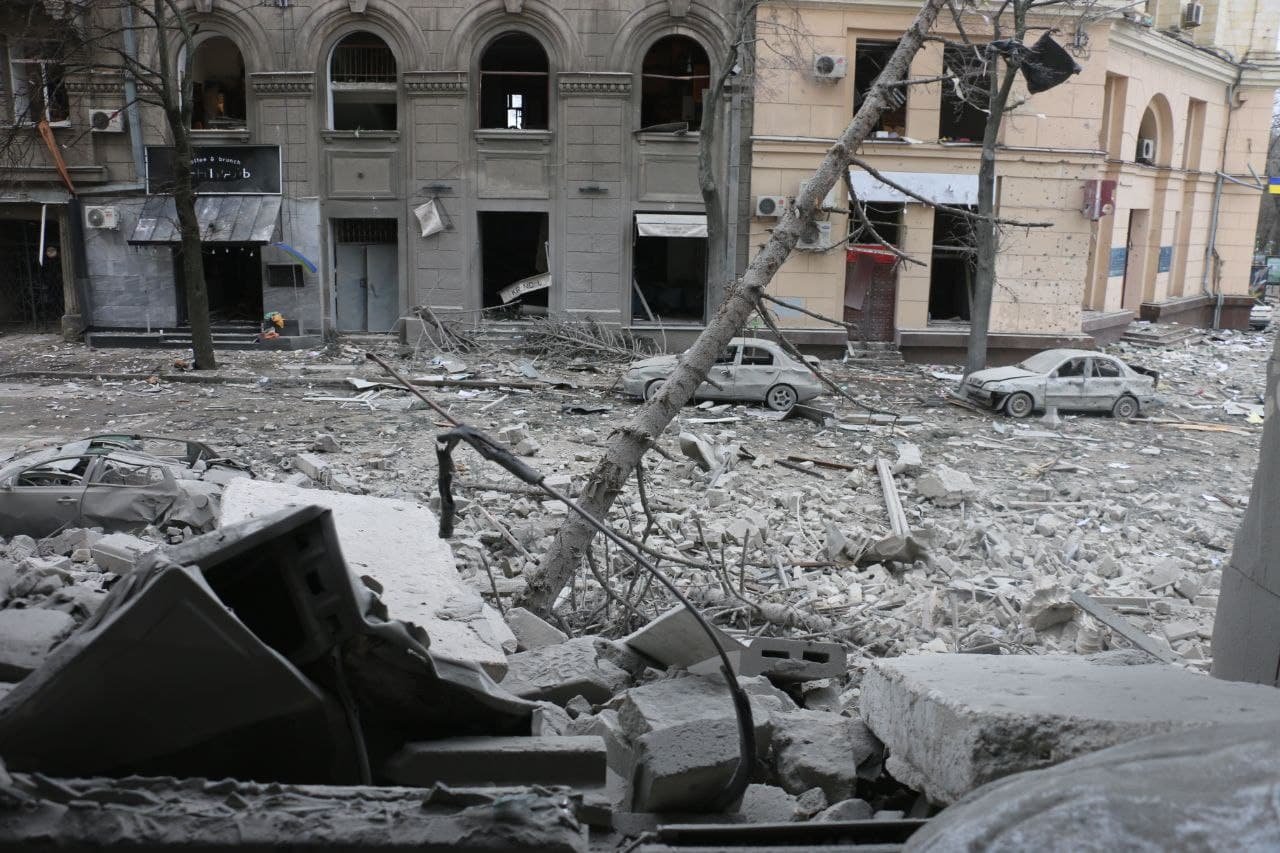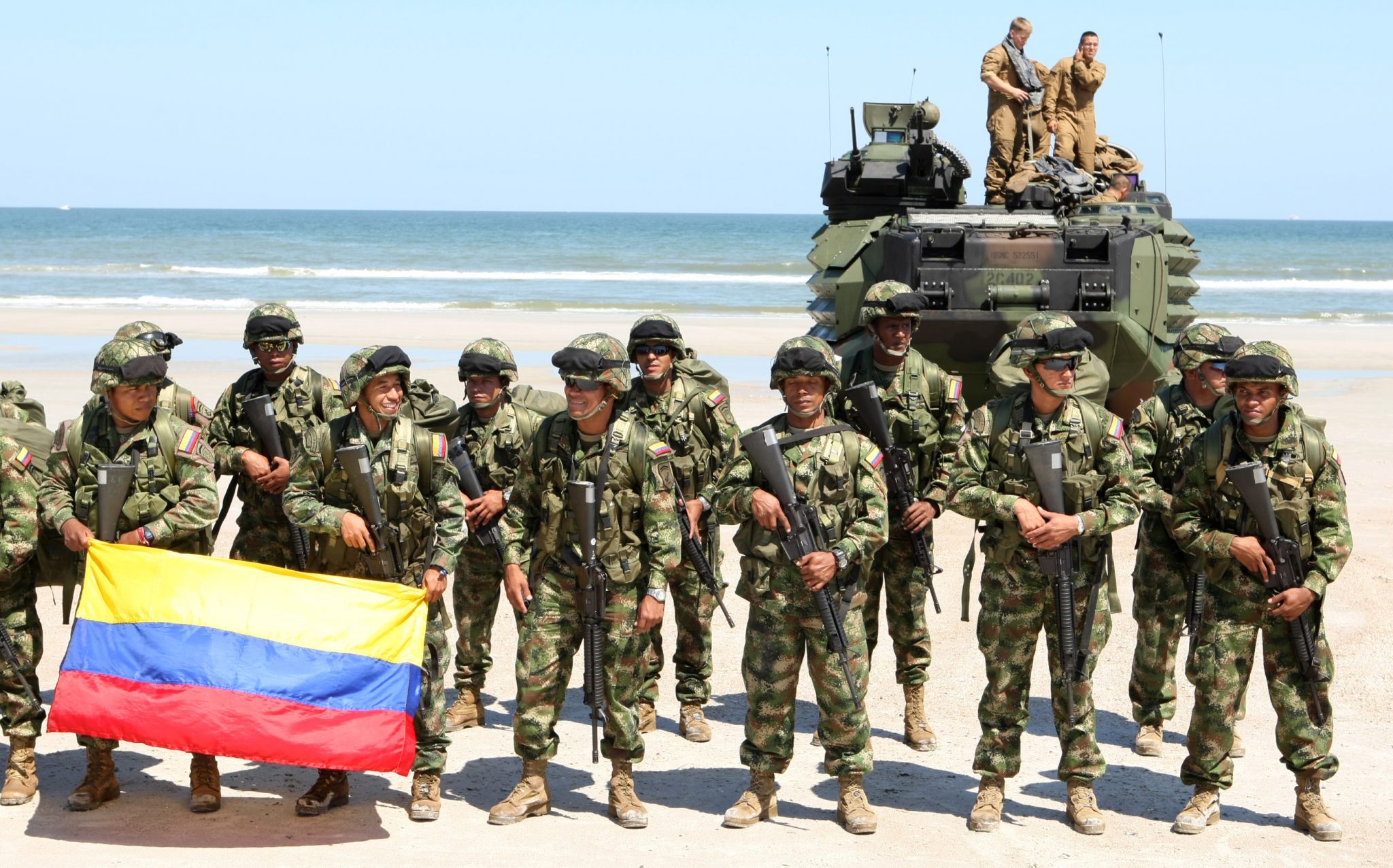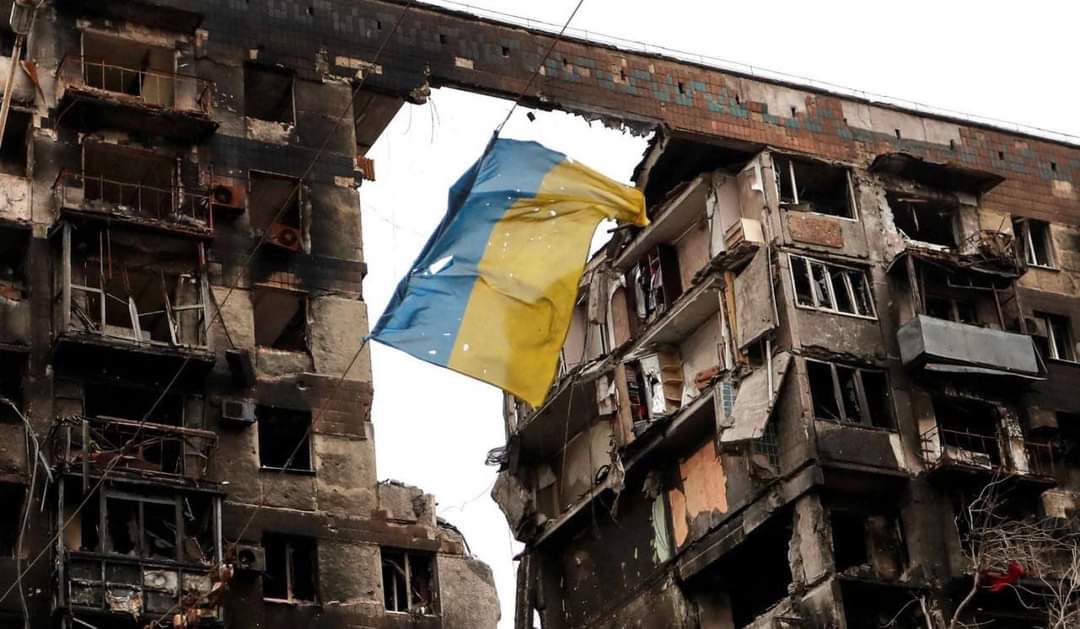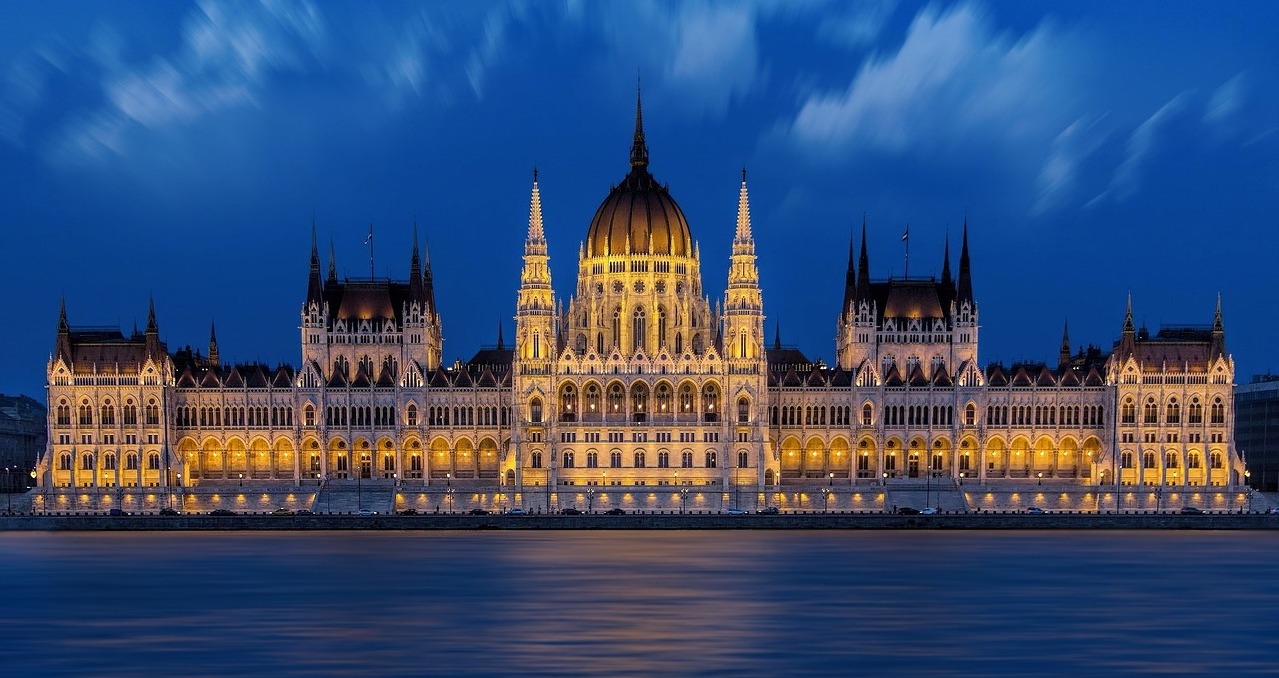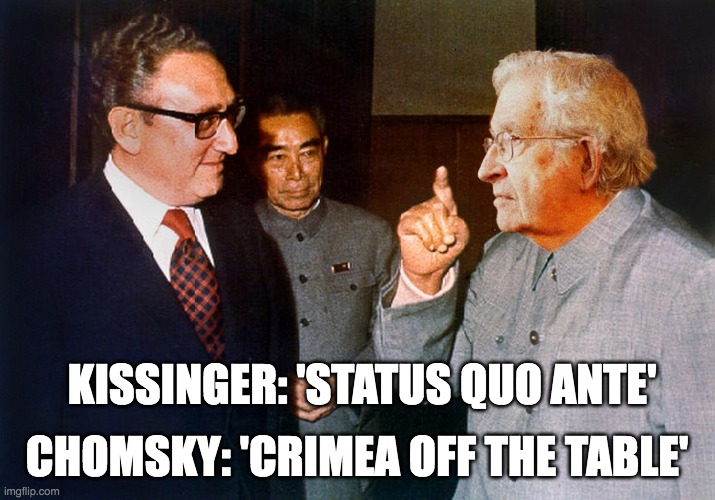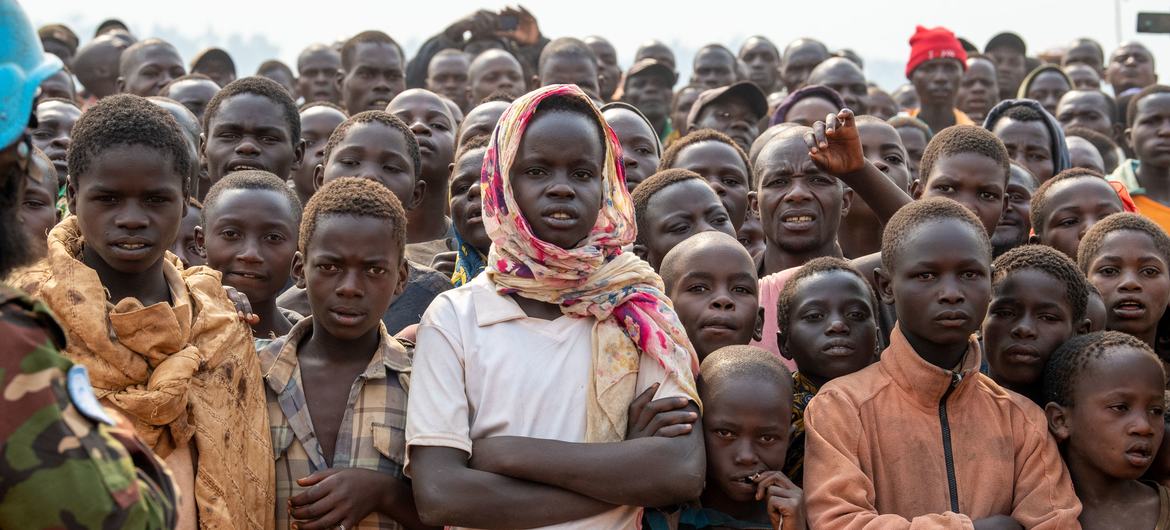
Bill Weinberg slams ‘tankie’ pseudo-left on YouTube
In a series of brief interviews with vlogger and activist songster Geof Bard, CounterVortexproducer Bill Weinberg dissects the sinister “tankie” phenomenon on the contemporary Western “left,” which paradoxically supports Russian imperialism in the name of a misguided “anti-imperialism.” This absurd double standard is enabled by the so-called “Chomsky Rule,” which holds that we are only permitted to protest the crimes of US imperialism—and thereby renders the crimes of rival imperialisms invisible to the activist-left milieu. The pseudo-left betrayal of Ukraine to imperialist aggression actually undermines our moral authority to oppose the crimes of the US and its client states in places like Gaza and Yemen.



